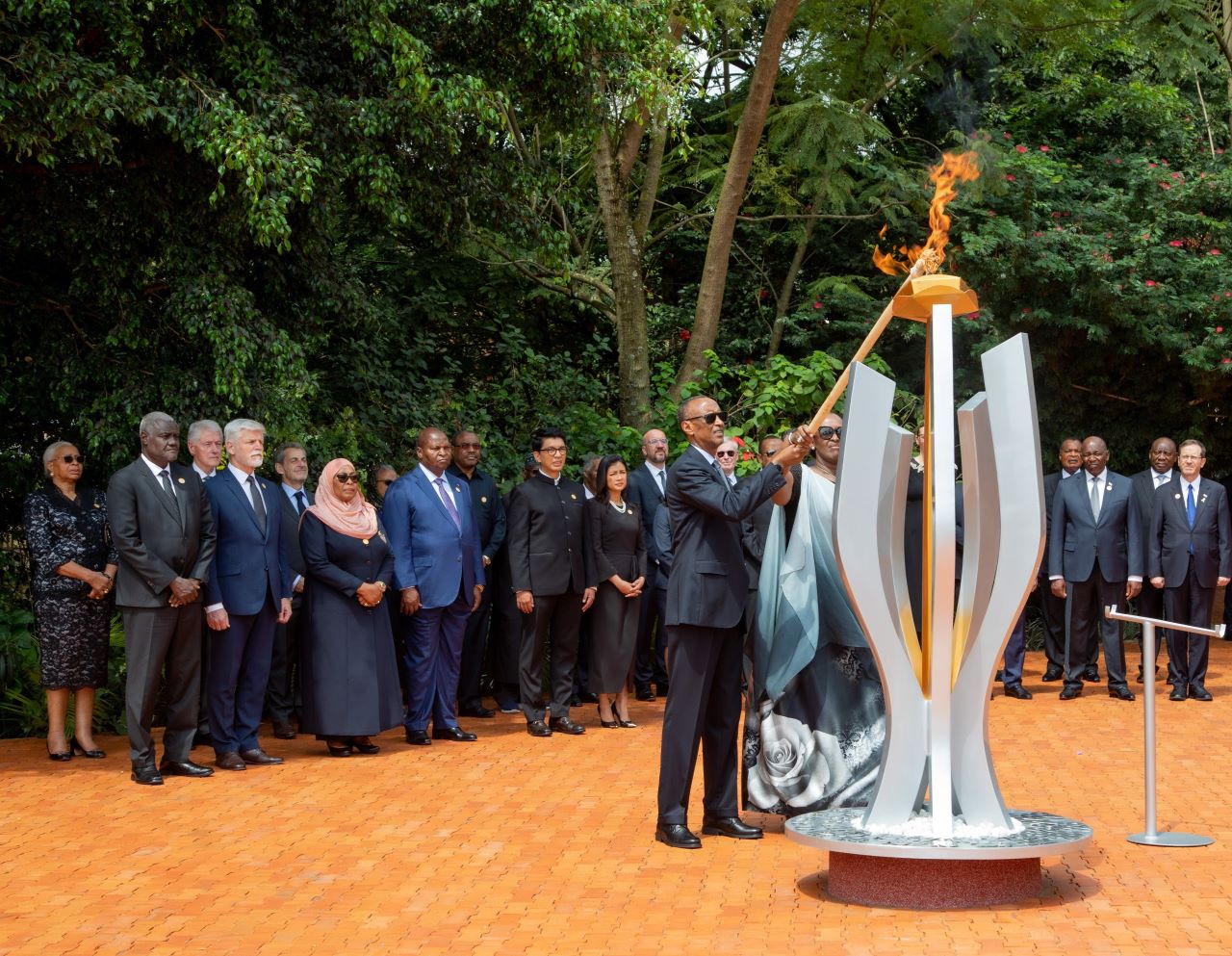
This week, I represented CUSEF in Rwanda at the annual commemoration of the 1994 genocide against the Tutsi. For the 30th anniversary this year, scores of countries, including the U.S. and China, came to Kigali to honor the dead, the survivors, and the 13 million people who are building a new nation. It was a unique demonstration of international solidarity.
Rwanda's transformation is remarkable: it has become a model of safety and stability in a region that at times is deeply misshaped by conflict. I was struck by the sincerity and humility exuded in the keynote speech of President Paul Kagame, who I've interviewed over the years, and which serves as an example of the impact leadership can have.
Rwanda has one of the continent's fastest growing economies, declining poverty, increasing life expectancy, universal health care, and the highest proportion of female parliamentarians in the world. It does not want to subsist as a "status quo" country where people live paycheck to paycheck—and instead wants to thrive as a high-income economy driven by knowledge, technology, and fulfilled talent.
What makes Rwanda's progress even more pronounced is the starting point of this journey. Over the course of 100 days from April to July 1994, more than one million people were murdered: shot, drowned, buried alive, set on fire, hacked with machetes, and killed with hand grenades. Neighbors turned against neighbors; friends turned against friends. Today, three-quarters of the population is aged 35 or younger, mainly because so many adults during those 100 days died or fled the country. Even those born after after the genocide struggle with inherited trauma.
It would be straightforward to describe the transformation in Rwanda as a miracle. But in reality, it is the outcome of strategy, teamwork and vision. What I learned this week is that aside from being victims, Rwandans are also the architects and professors of their future. Their experience provides a global lesson that teaches us about the wisdom of lasting peace, and warns us against the danger of violence.
Over the years, there has been considerable discourse regarding the roles of both the U.S. and China in Africa. But what Rwanda has been able to overcome serves as a poignant reminder that we must approach countries across the Global South (and everywhere for that matter) not as dependents, but as respected equals.
In this diverse continent, we must earnestly seek out opportunities for partnership and cooperation that are founded upon mutual learning, and that advance the human condition. We must break free from the shackles and legacy of exploitation that disregarded humanity and hindered the progress we can still achieve together.
Rwanda's accomplishments are a universal truth—and as I saw for myself in Kigali, it is a beacon of hope in today's fragmented world.
James Chau
President
China-United States Exchange Foundation (CUSEF)
